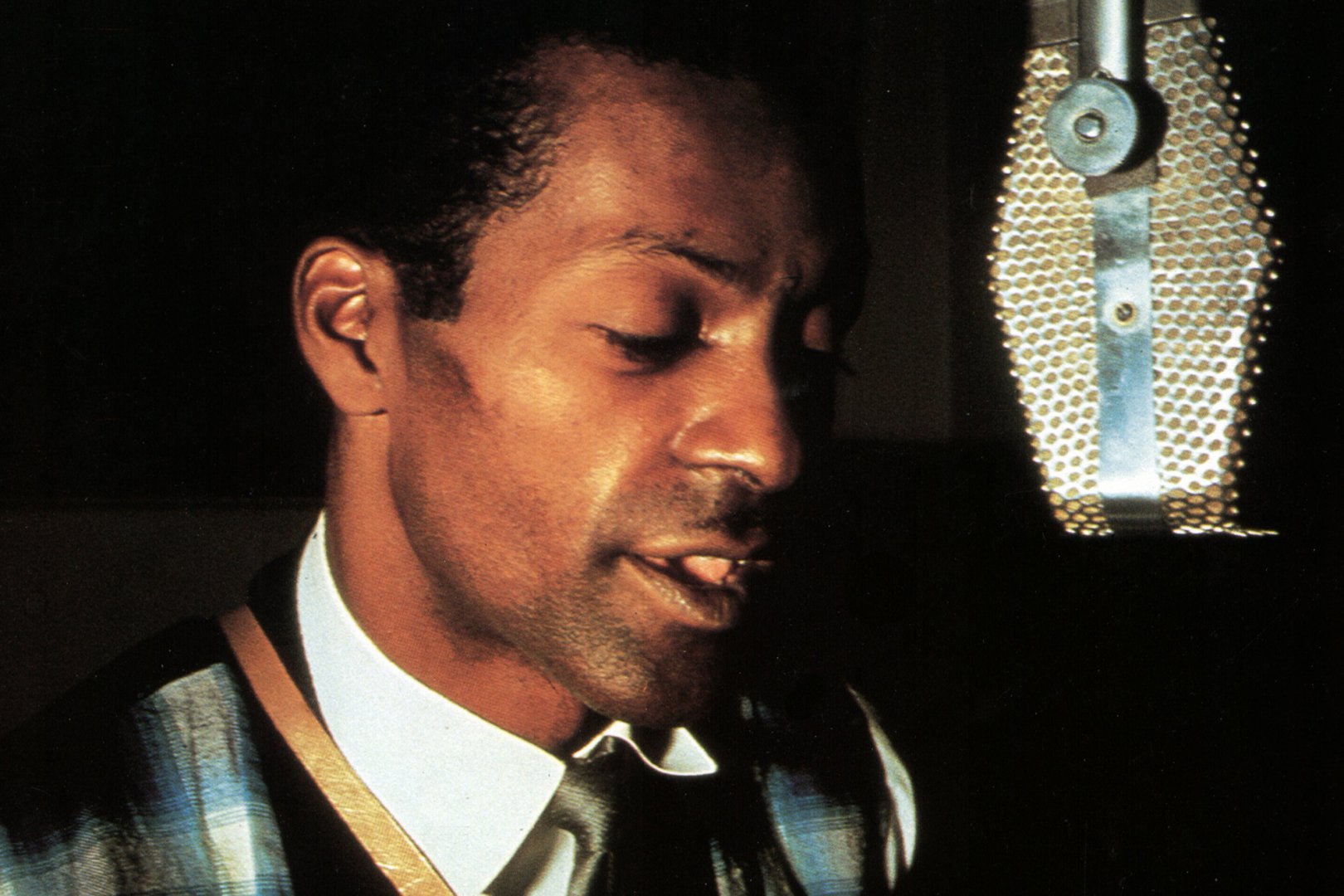Rock and Roll legend Chuck Berry was found unresponsive inside his home on Saturday, March 18. First responders used lifesaving techniques to try to revive him, but to no avail, he was pronounced dead at 1:26 p.m.
Although the cause of death remains unknown, Charles Jr. Berry stated to Rolling Stone that his father had suffered from pneumonia and had a hard time recovering due to his elderly age. Rock stars and bands immediately responded to the news, paying their tributes through Twitter.

Rock legend Rod Stewart stated that Chuck Berry was a cornerstone in Rock and Roll, as his “Live at the Tivoli” was the first album he ever bought.
“You can hear his influence in every rock & roll band from my generation on. I’ve been performing his ‘Sweet Little Rock & Roller’ since 1974 and tonight, when my band and I perform it at Caesars Palace’s Colosseum, it’ll be for Chuck Berry — your sound lives on,” he stated, according to Rolling Stone.
John Lennon once said that “If you tried to give rock and roll another name, you might call it ‘Chuck Berry,” according to Fox News. Fox News posted the 911 dispatch that resulted from the events.
The man who invented Rock and Roll
Chuck Berry’s songs were so significant to the history of popular music that his work even made it to the cargo of both Voyager ships in the form of his iconic tune “Johnny B. Goode.” Praised as a poet and a true icon of American culture, Chuck Berry captured the mindset of the youth of the fifties, starting with “Maybellene,” and moving on to other classics such as “Rock & Roll Music,” “Roll Over, Beethoven,” and of course, “Johnny B. Goode,” which was famously interpreted by Michael J. Fox in Back to the Future.
His music became fundamental for electric guitarists, becoming a requirement for anyone who might want to know how to play Rock and Roll. Popular bands have covered Berry’s tunes for decades, which also served as a fundamental influence for guitarists of all kinds, as Keith Richards revealed during Berry’s induction into the Rock & Roll Hall of Fame that he had “stolen every lick he ever played.”

Berry saw commercial success when he was in his thirties, writing for a younger audience. He concentrated on writing about what would sell for teens during the post-war abundance era.
“I mainly improvised my lyrics toward the young adult and some even for the teeny boppers, as they called the tots then,” he wrote in his memoir.
Bill Clinton also paid his respects, as he invited the man to perform at both of his presidential inaugurations. Clinton claimed that Berry made the hearts of Americans more joyful and that he was a pioneer as he changed the history and culture of the country forever.
Mixing country and blues with explosive results
According to Rolling Stone’s Neil Strauss, Berry was quite eccentric in how he dealt with the press, seeing that he had been involved in a series of accusations, such as in 1961 when he apparently drove Janice Escalanti, a 14-year-old Native American, to work in a club in St. Louis. Berry saw time behind bars, and most agree that such events made him bitter towards the media, even when he was later inducted into the Rock and Roll Hall of Fame.
As Strauss approached Berry in 2010, he was warned by the restaurant owner where they would meet that he might bail from the interview after five minutes. He was dissed by Berry for being late, even when he was actually early to the meeting. Within minutes, Berry started to give away and Strauss asked him about his pastimes.

Apparently, the legend liked to gamble a lot, as he had been playing the slots and after winning four jackpots and he wanted to try winning five. He questioned whether that was being greedy or ambitious, but he laid the matter to rest. The interview lasted well over four hours.
When asked whether he believed that he was the inventor of Rock and Roll, Berry denied so and quoted Louis Jordan, Muddy Waters, Frank Sinatra, and Nat “King” Cole. On the other hand, Berry is acknowledged as the first who fused a popular mix of blues and country into something new and electric. He stated that the way his music makes people feel was unrecognizable to him, as music causes different reactions in different kinds of people.
In spite of this, Berry had always been aware of what people wanted to hear. He earned his stripes at the Cosmopolitan Club in St. Louis, playing with pianist Johnnie Johnson and altering the most popular songs at the time to keep the audience entertained and on their feet. Berry soon realized that he would have to play for multiracial audiences, as he was booked on segregated theaters. He saw that black youth responded to country music, which was seen as white music at the time, while white folks responded to blues music, which was seen as black music. He managed to mix both and discovered the very root of Rock and Roll.
Source: Rolling Stone
